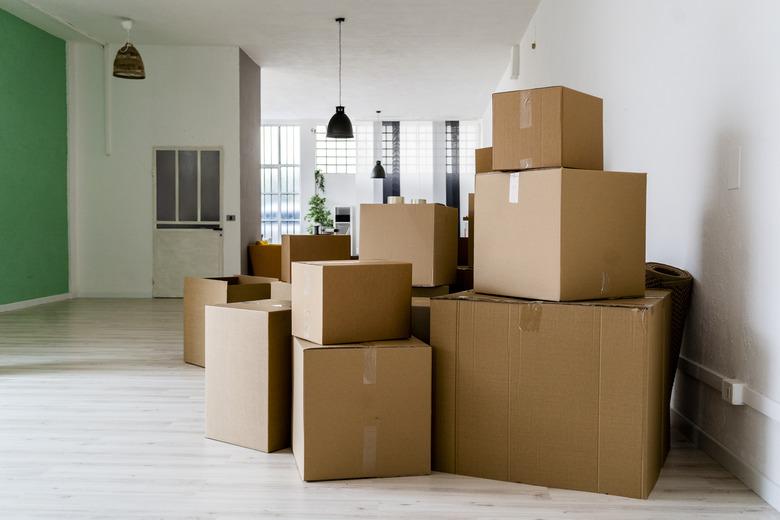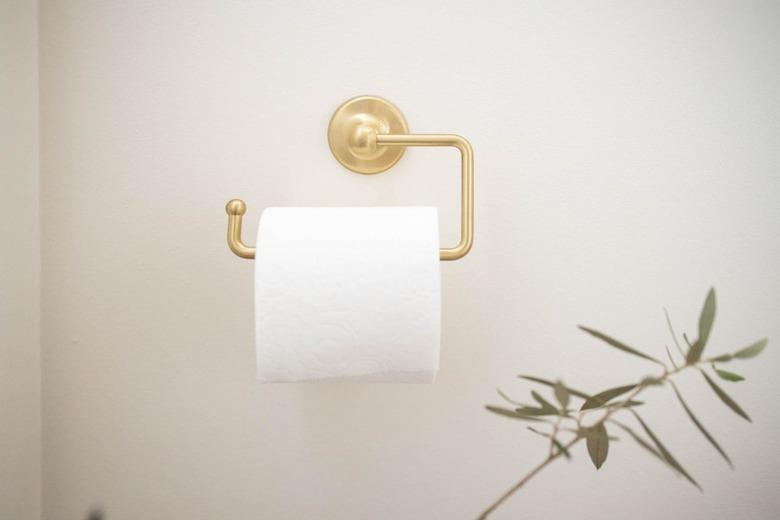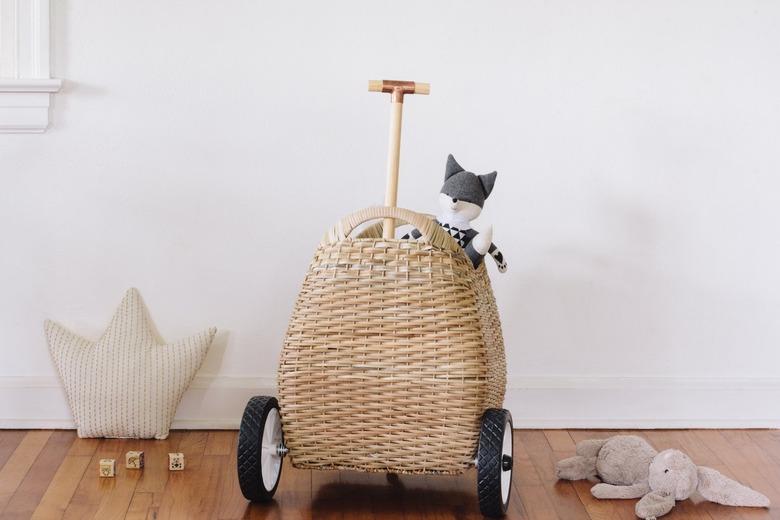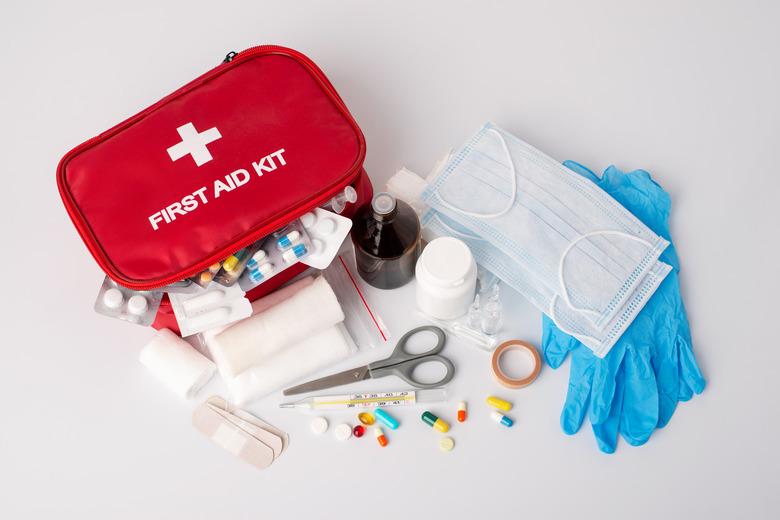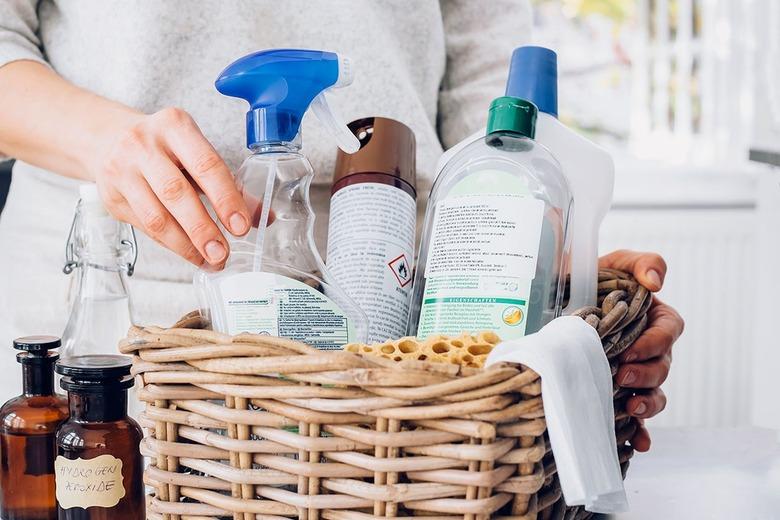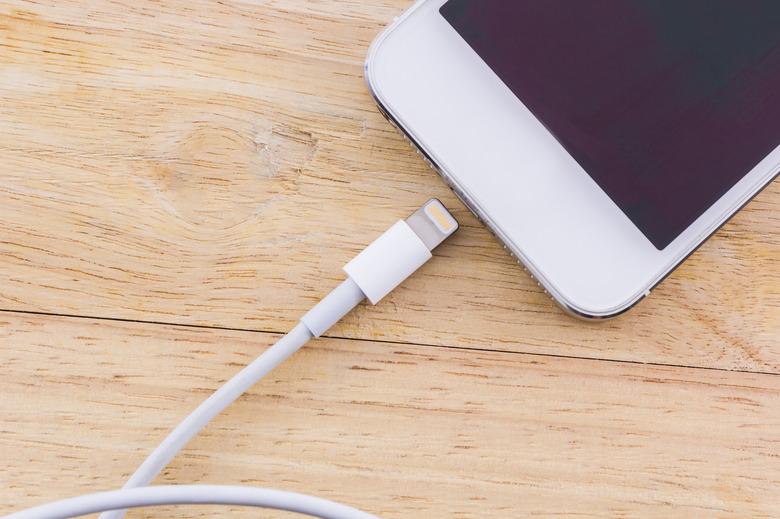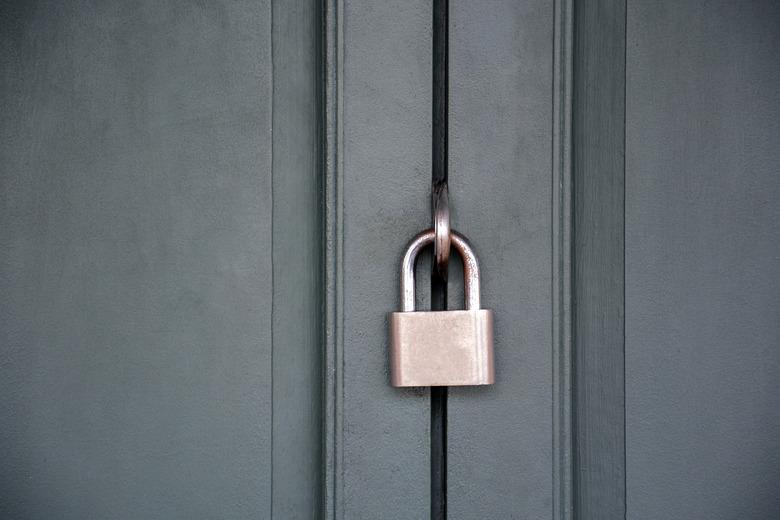16 Moving Essentials You'll Need On The Big Day
If you're planning a move, you already know that moving boxes, tape, and bubble wrap are on the list of moving essentials. You'll need lots of other things too, and some of them aren't quite as obvious. Although nothing can go so far as to make it fun to lug boxes full of everything you own from one place to another, having the right tools handy can help the process go smoothly and stay frustration-free.
1. Toilet Paper
This moving essential is number one on the list for good reason. Did the last tenants leave behind any toilet paper? Don't find out the hard way that the answer is no. You don't want to get to your new place only to leave yourself and your moving helpers high and not so dry. Grab a roll of toilet paper and know where it is at all times.
2. Markers
One thing you'll want on hand is a big black marker or two available during your move. If you're super organized, you can write a short inventory of the contents on every box you pack. If you're not quite that type A, you can still label each box with the room to which it belongs.
3. A Kid Bag
Young children may want to be helpful, but they often tend to be underfoot or incredibly bored during a move. To solve this problem, make sure you have plenty of toys, their favorite handheld video game, and their chargers handy so young ones have something to do. If you're moving locally, consider setting up your child's bedroom or playroom before moving day so the kids are ready to go as soon as you get there.
4. A Food Bag
You're going to get hungry and so will your helpers. Make sure you set aside a bag of paper plates, plastic cutlery, and paper towels so that you have something handy to eat with. Most people expect you to feed them pizza at the very least if they help you move, and you don't want to be caught unprepared. Donuts, bagels, and coffee are also good motivators for moves that start early in the morning. A cooler full of cold drinks is another moving essential — especially in the warmer months.
Don't forget to take care of professional movers as well. They like treats too, and accommodating them can help you build a good rapport quickly. These people are about to handle all of your worldly possessions, so getting on their good side is a smart move.
5. Trash Bags
When you get to your new place, you'll quickly accrue dirty paper plates, empty soda cans and water bottles, and perhaps some paper towels from cleaning. Having a trash bag handy means you can stay on top of the trash rather than stacking it somewhere to clean up later. You'll already have more than enough to keep you busy when later comes.
6. A First-Aid Kit
Hopefully, your move will go off without a hitch, but backaches, scrapes, and scratches can all easily happen during a move. Keep a first-aid kit handy throughout so you have bandages, aspirin, and other supplies if you need them. Make sure you keep your family's prescription medications within easy reach as well.
7. An Overnight Bag
You don't want to end a long day by digging through boxes trying to find your pajamas or your toothbrush. Set aside a bag with your PJs, a change of clothes, your toiletries, and anything else you would normally take on an overnight trip. It will make going to bed and starting a new day easy rather than frustrating.
Tip
In addition to an overnight bag, you may also want to consider packing an essentials box filled with things you'll want access for your first night like a shower curtain, hand soap, and a wine opener.
8. Pet Supplies and Food
If you're moving with pets, make sure you keep their food, medications, and other paraphernalia handy. Packing away your dog's leash, for example, can mean cleaning up a mess on the floor rather than taking a quick walk during the day. If you can, it may be easiest to board your pet for a day or two until things settle down after the move. If you're moving too far for that, plan your journey to the new house with frequent potty breaks. Keep your pet's vet records handy too. You may need to show proof of vaccination or other documents depending on how far you're traveling with them.
Dogs are often more comfortable if you set up their crate early on in the new house, creating a safe space for them to hang out. Cats, however, tend to do best when moved in after the commotion has died down for the day. If you're keeping cats locked up in a specific room, put a sign on the door so no one accidentally lets them out.
9. Basic Cleaning Supplies
There are two reasons for keeping the cleaning supplies handy. If you're moving out of a rental, you'll want to clean after everything is out so you can try to get your security deposit back. You may also need to clean on the other end of your move. Most people are good about leaving the home they vacate clean, but you never know when you'll find a sticky spill in a kitchen cabinet. You may also want to give the toilet and tub a quick wipe before you use them.
10. Your Tools
After shuttling boxes all day, climbing into bed at night is going to feel pretty good, unless your bed is in pieces on the floor. You don't need enough tools to remodel your new home on the first day, but you may need to put some furniture back together once you get there. Make sure you have some screwdrivers and other basic tools in your toolkit.
11. Important Phone Numbers and Papers
Make sure you keep important numbers handy. You will want to have the number for your moving company (if applicable) as well as the phone numbers for utility companies. Keep your new landlord's phone number close by as well if you'll have one. They can help if for some reason your key doesn't work or you find something unexpected in your new place. If you're moving to a gated community, know whom to call for help if the gate won't open.
Keep important paperwork handy as well. Moving contracts, lease agreements, mortgage paperwork, and other documents help establish who you are and clarify your rights to the property. Other documents you may need are those involving a new job or your kids' enrollment in a new school. Bottom line? Don't let important paperwork get lost in the shuffle.
12. Batteries and Chargers
You don't want to deal with a dead cell phone or have the battery die on your kid's portable gaming system, so make sure your device chargers don't get buried in a box somewhere. You may want to grab a handful of batteries as well just in case. Have some batteries on hand in case a smoke detector decides to start singing or the TV remote dies before you get properly settled.
13. Sunscreen or Ice Melt
You may find yourself outside more than usual on moving day as you trek from house to truck and back again. Applying some sunscreen might be a good idea. It's also wise to prepare for inclement weather. You don't want to pull a moving truck up in front of your beautiful new home in New England and find a foot of snow on the front walk. You may want to have some ice melt and a shovel handy depending on where and when you're moving. Some plastic sheeting may be wise too so your grandmother's antique hutch doesn't soak up any rain while being carried inside.
14. A Padlock
Moving trucks allow you to padlock them shut, and doing so is a smart move. Even if you're not moving far, you may need to leave the truck unattended for a period of time. A sturdy padlock is the best way to ensure that all of your possessions stay in the back of the truck where you left them. A padlock is also a good idea for storage bins, like PODS that will be stored out of your sight and control for a while during your move. Choose a padlock that is hard to pick open or cut away.
15. The Keys
This sounds like a no-brainer, but humans are creatures of habit. Taking two sets of keys with you when you leave the house is probably not a habit you have, which makes them easy to forget. You wouldn't be the first person to turn up at their new home only to realize the keys are on the counter at your old home. Keep all the relevant keys on you or somewhere you won't forget them.
16. A Tape Measure
Don't find out that your favorite armchair won't fit through the doorway of your new bedroom after lugging it up the steps. When in doubt, it's easier to grab a tape measure and verify how furniture will fit before you lift it. A tape measure can let you know if you have a fit problem and can allow you to map out a new route through the kitchen door or a sliding glass patio door.
